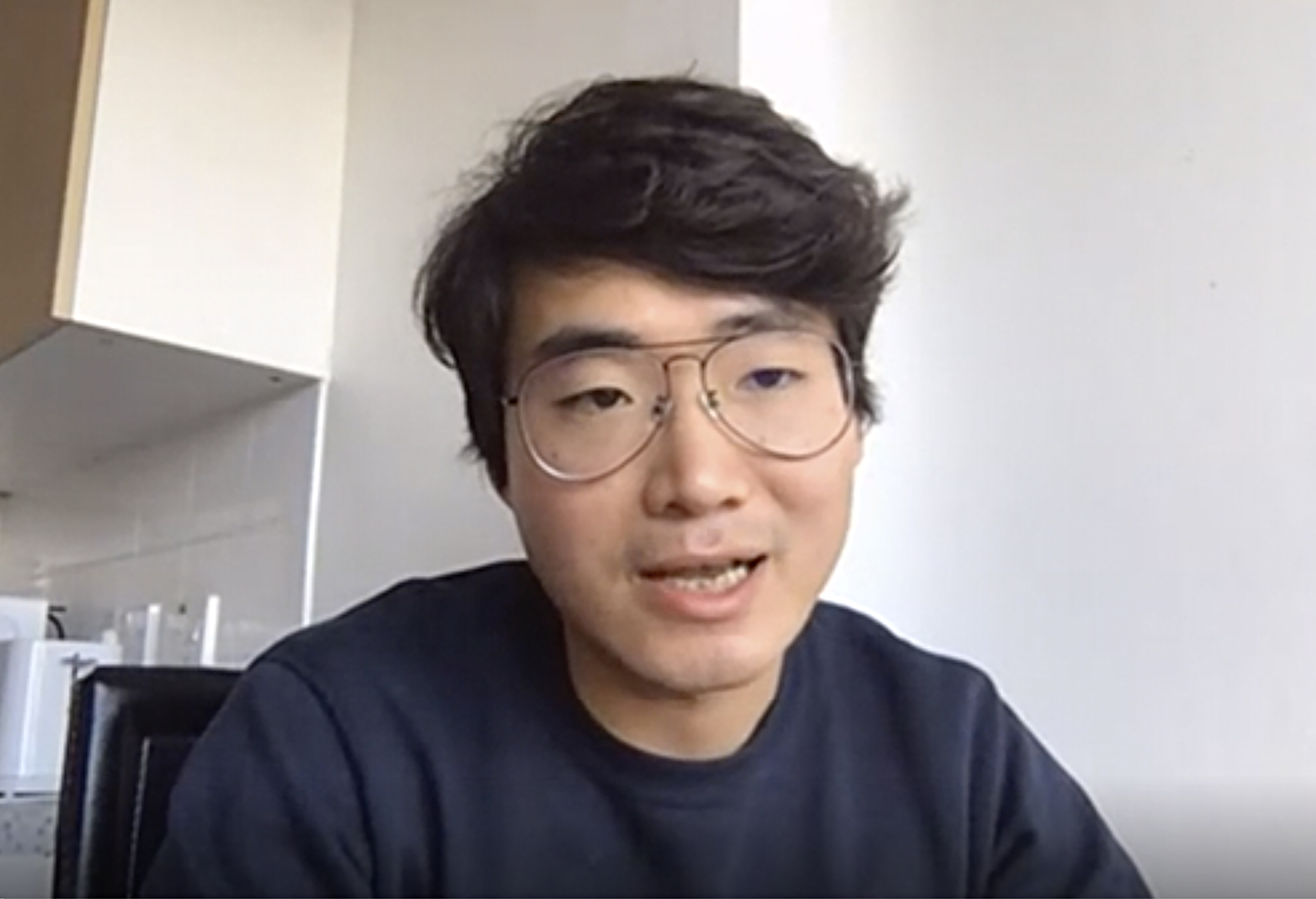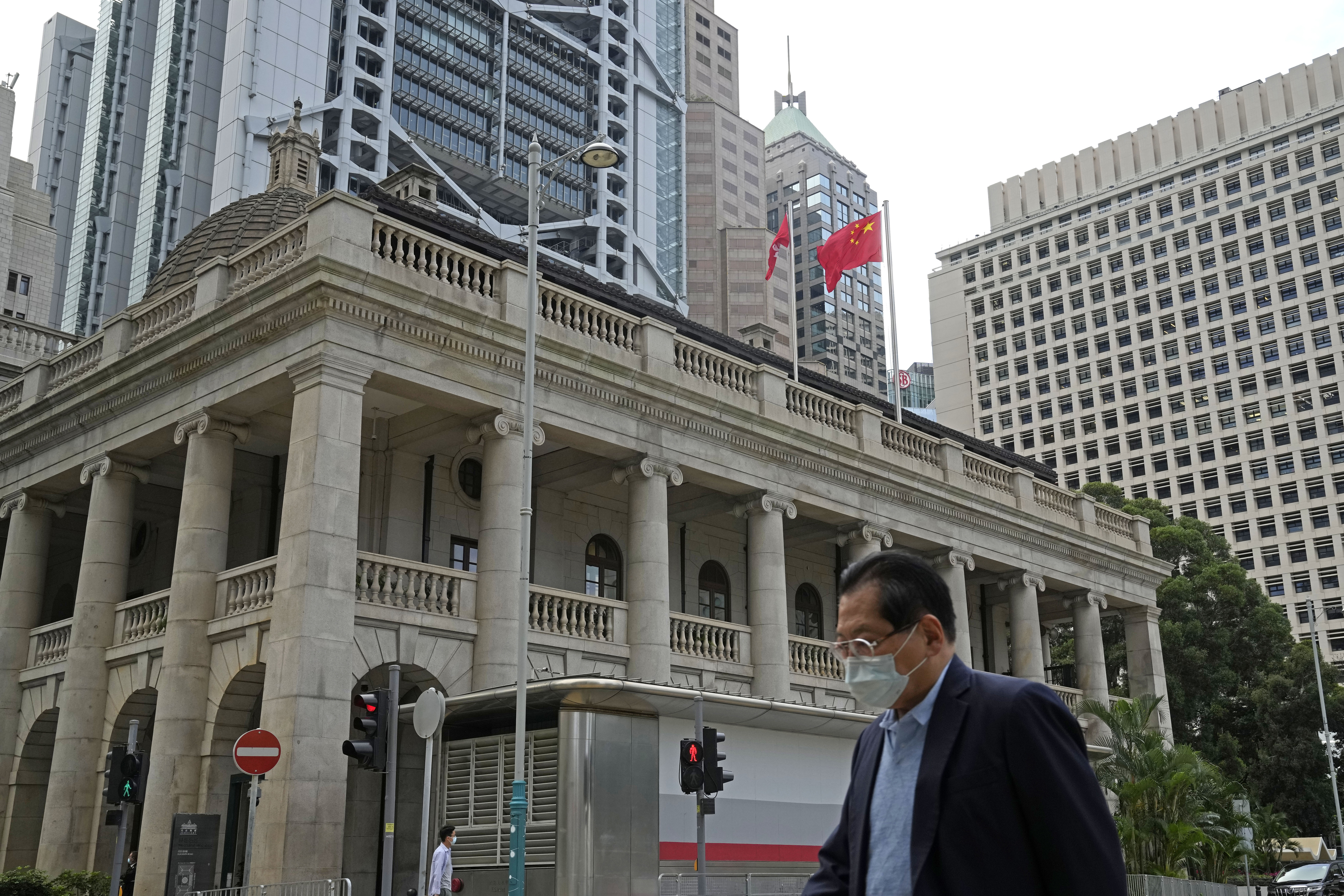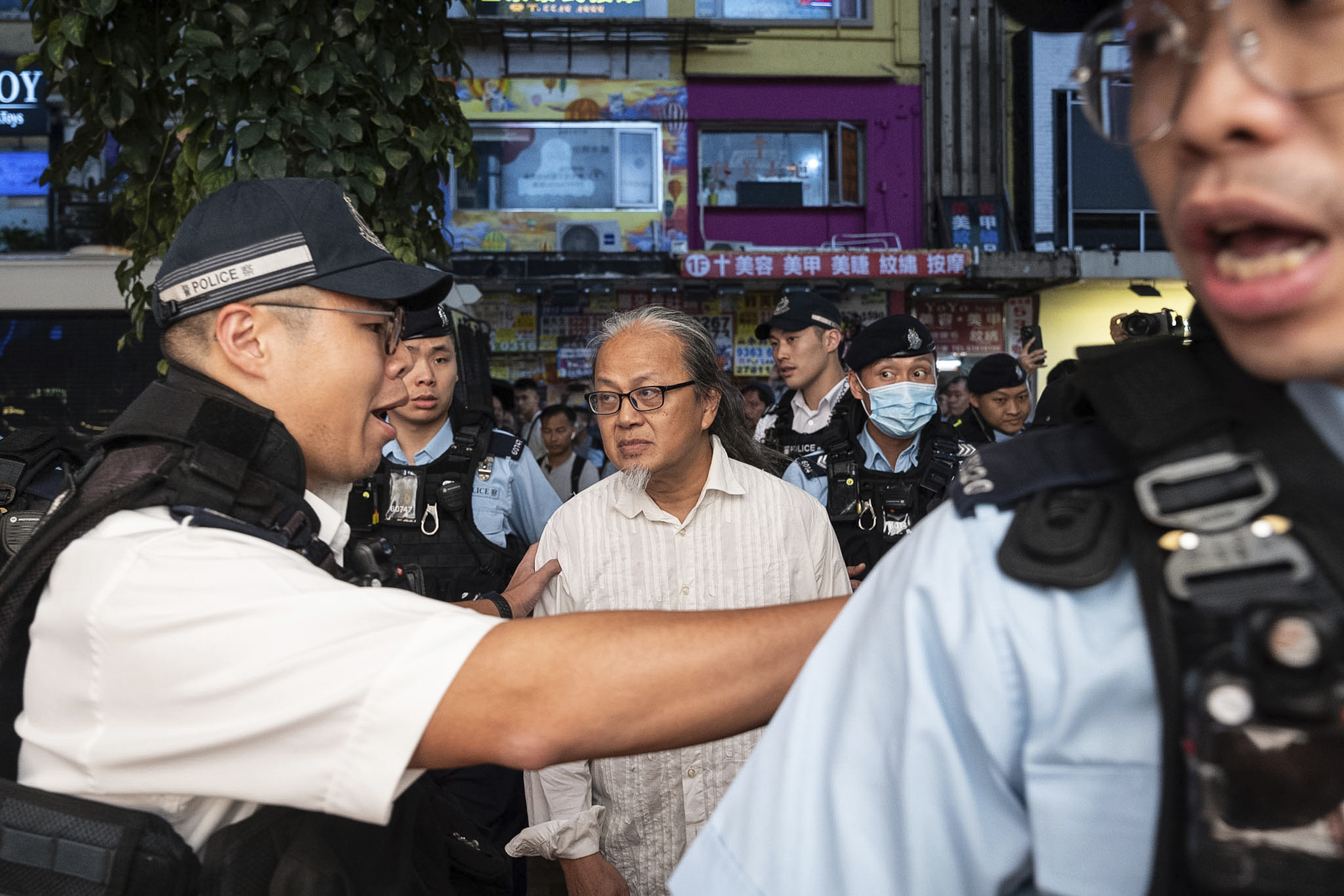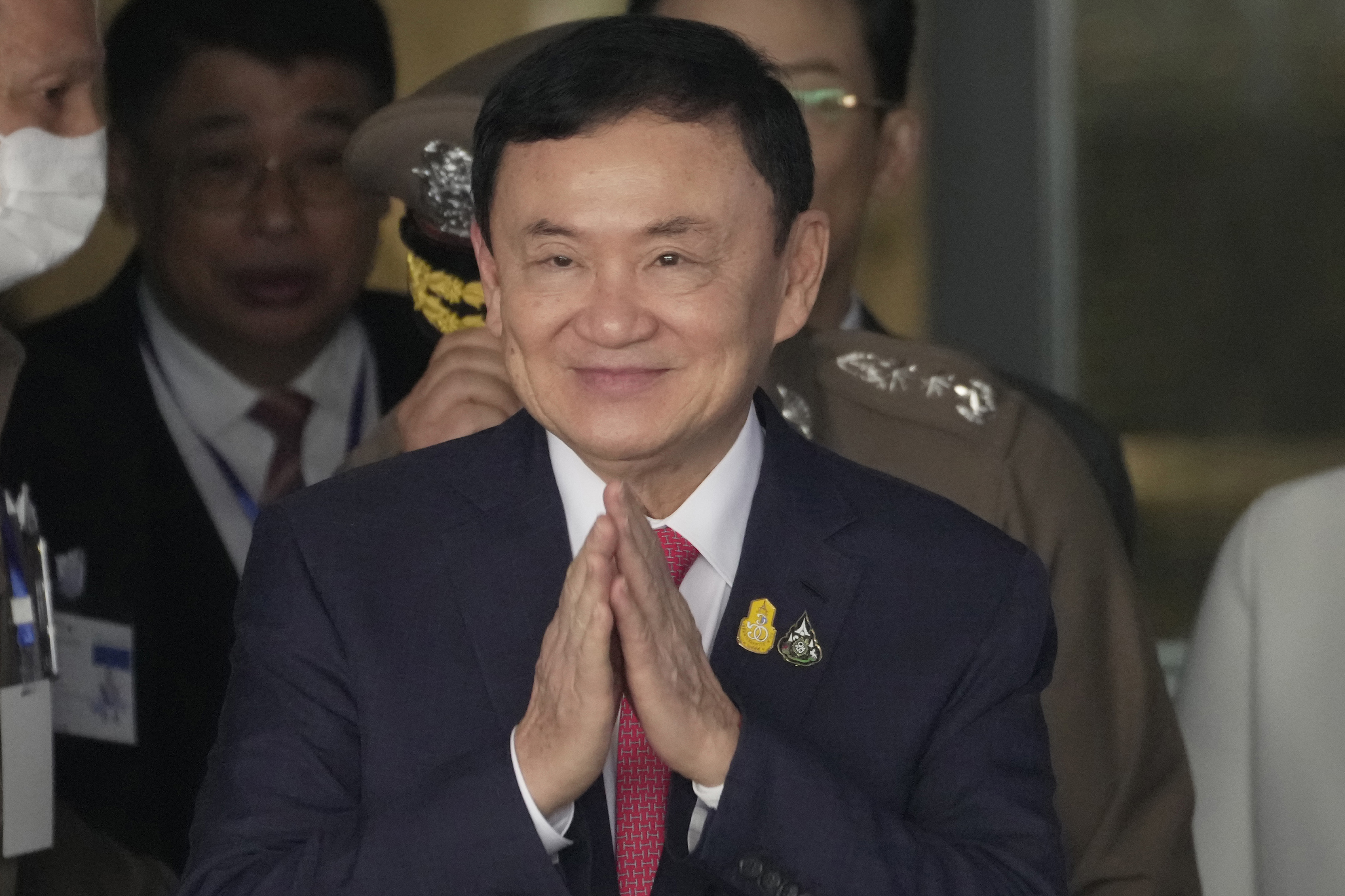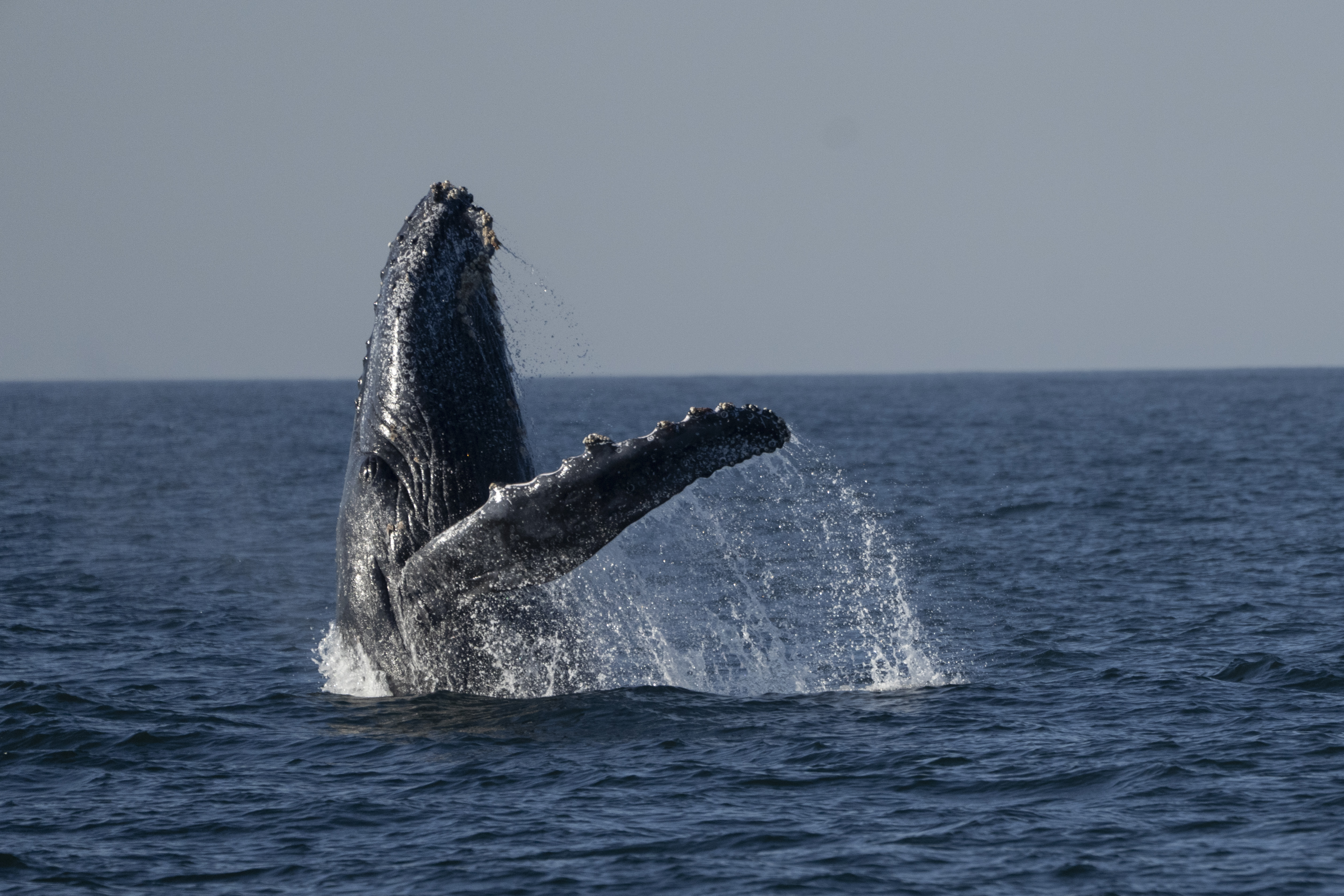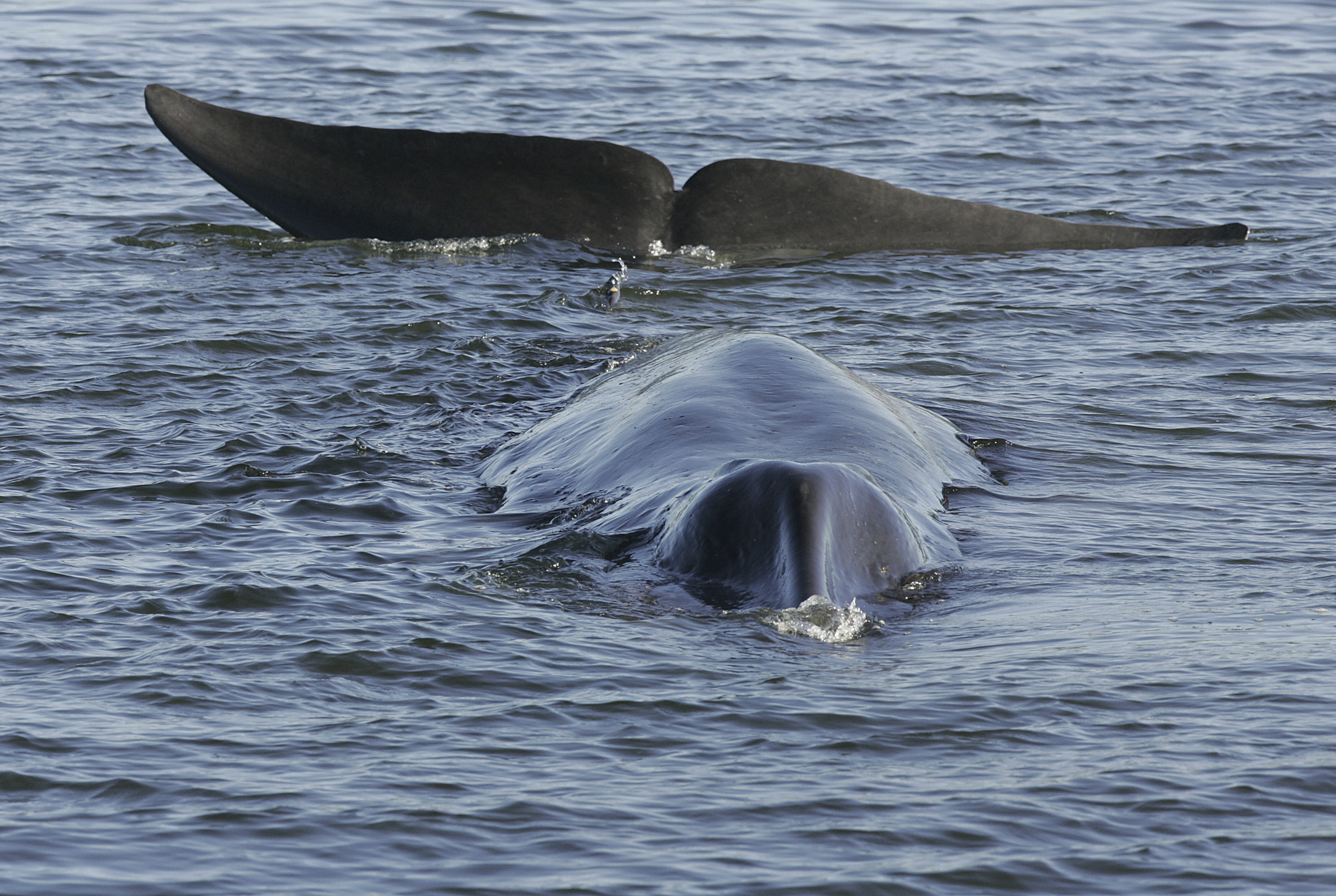“Straight as a Die”: Giving Starmer a Free Pass
The BBC’s banner headline reporting the UK’s 4 July general election result was clear:
‘Chris Mason: “Starmer tsunami” and civility after brutality’
This alliterated nicely but gave the misleading impression that there had been a massive display of public support for Starmer. Mason’s own analysis pointed elsewhere:
‘The story of this election is one of an electorate showing a ruthless determination to eject the Conservatives.’
Indeed, the results show a mere 1.6 per cent Labour increase on Corbyn’s supposedly disastrous 2019 vote share following the most intense propaganda blitz in UK domestic political history. Moreover, the 1.6 per cent increase hides the fact that, because less people voted, Starmer actually received less votes than Corbyn did in both 2017 and 2019:
‘2017 (Jeremy Corbyn) — 12,877,918
‘2019 (Jeremy Corbyn) — 10,269,051
‘2024 (Keir Starmer) — 9,686,329’
So, while journalists are claiming a ‘sensational’ result for Labour, the reality is that the party’s total vote has fallen by 6 per cent since 2019.
The real ‘tsunami’ saw a 19.9 per cent decrease in the Tory vote and a 12.3 per cent increase in the Reform UK vote – the wave swept from right to far-right, not towards Starmer’s ‘extreme centrism’.
Peter Oborne commented:
‘Labour is set to poll about 34 percent, not even two percentage points more than Jeremy Corbyn scored in 2019 and significantly less than the 40 percent that Corbyn scored in 2017.
‘To put it another way, thanks to the second lowest turnout since 1885, scarcely 20 percent of eligible British voters support Keir Starmer’s Labour. Yet, he will end up with approximately two-thirds of all parliamentary seats.’
Remarkably for an incoming Prime Minister, Starmer’s personal vote tally declined dramatically:
‘Starmer has held the seat since 2015, but his vote share dropped by 17% after a surge in support for independent, pro-Gaza candidate Andrew Feinstein.’
Tom Mills of Aston University noted wryly:
‘If you’ve just joined us, Labour has achieved a landslide with less votes than it won in 2019.
‘Which you’ll recall was so bad that the then leader unfortunately had to be expelled from the parliamentary party.’
Real Issues ‘Virtually Non-Existent’
One of the great myths of our ‘managed democracy’ is that ‘mainstream’ journalism provides the public with the balanced information it needs to make an informed decision at election time. In reality, the ‘free press’ does a spectacular job of not talking about issues that would facilitate informed public participation.
Amazingly, one might think, in the first three weeks of campaigning for the 2001 general election, the communications research centre at Loughborough University found that there had been ‘little sign of real issues’ in media election coverage, where ‘few issues make the news’ (Peter Golding, ‘When what is unsaid is the news,’ The Guardian, May 28, 2001). Topics like the environment, foreign policy, poverty and defence were ‘all but invisible’ following the pattern of the 1997 and 1992 elections. (Peter Golding, email to David Edwards, 10 June 2001)
Or consider that, just two years into the seething bloodbath of the full-scale, unprovoked and illegal US-UK invasion and occupation of Iraq, Iraq comprised just 8 per cent of media reporting during the 2005 election campaign, as compared to 44 per cent for ‘electoral process’. (See David Deacon et al, ‘Reporting the 2005 U.K. General Election,’ Communication Research Centre, Loughborough University, August 2005) Everyone knew Bush and Blair had fabricated a case for war, huge numbers of Iraqis were dying, and yet the war was still not deemed an issue by corporate media in deciding if Blair was fit to remain Prime Minister.
No-one should therefore be surprised by this comment from Des Freedman, Professor of Media and Communications at Goldsmiths, University of London, on the latest election:
‘In terms of content, the media are overwhelmingly preoccupied with the “horse race” aspect of the election – reporting on opinion polls, PR strategies and TV debates – rather than holding parties to account in relation to a broad set of policies. The Loughborough researchers found that coverage of the “electoral process” has taken up 35% of all coverage on TV and in newspapers since the start of the campaign. Adding in stories on corruption, scandals and sleaze (such as the recent betting scandal that has plagued the Tories) and you find that 42% of all coverage is related to “process” more than substantive policy debate.
‘The only policy issue that even gets into double figures is that of taxation, at 11% of total coverage.’
Yet again, media focus has been on ‘electoral process’ with ‘little sign of real issues’.
Thus, closely echoing the blanking of Iraq in 2005, Freedman notes that coverage of Israel’s genocide in Gaza has been ‘virtually non-existent’. According to Loughborough University, the categories ‘defence/military/security/
And yet, a few days after Hamas launched its attack on 7 October 2023, Keir Starmer was questioned by Nick Ferrari of LBC on Israel’s response:
‘A siege is appropriate? Cutting off power, cutting off water?’
Starmer replied:
‘I think that Israel does have that right. It is an ongoing situation.’
In 2019, ‘mainstream’ media were far more concerned about Jeremy Corbyn having questioned the removal of an allegedly anti-semitic mural than they are now about Starmer’s stance on Israel’s authentic, ongoing genocide in Gaza. A 5 July report in The Lancet medical journal commented:
‘… it is not implausible to estimate that up to 186,000 or even more deaths could be attributable to the current conflict in Gaza. Using the 2022 Gaza Strip population estimate of 2,375,259, this would translate to 7·9% of the total population in the Gaza Strip’.
The Guardian’s leading article in response to the election result noted merely:
‘In areas with a high proportion of Muslim voters, anger around Labour’s apparent ambivalence over Gaza saw the party lose ground…’ (Our emphasis)
Complicity in Israel’s atrocities is not ‘ambivalence’. But even if Starmer had shown ‘ambivalence’ over genocide, that would be appalling enough, would it not? And worth more than a bland comment in passing?
Another Guardian report commented:
‘Starmer has been criticised by party members for a Middle East stance that could be seen as more pro-Israel than that of the Tories. The former barrister was accused of dithering for months while Israeli bombs killed more and more people. Labour’s manifesto mentions Gaza once, on page 124.’ (Our emphasis)
This is simply false: Starmer did not ‘dither’; he expressly confirmed Israel’s ‘right’ to inflict collective punishment by cutting off power and water from 2 million civilians.
Other subjects of deep concern to the British public have been similarly blanked: health provision and the NHS accounted for only 5 per cent of coverage, while environmental issues including climate change made up a pitiful 2 per cent of total media coverage.
Comparing Treatment Of Corbyn and Starmer
In July 2015, state-corporate politics and media launched an unprecedented smear campaign to derail Corbyn’s project, peaking just prior to the 12 December 2019 election. That month, Loughborough University found that pre-election coverage of Labour in the press had been consistently ‘very negative’, while coverage of the Conservatives had been consistently ‘positive’.
Our own ProQuest database search of UK newspapers for articles mentioning ‘Corbyn’ and ‘anti-semitism’ showed how the smears massively intensified as the election grew closer:
September = 337 hits
October = 222 hits
November = 1,620 hits
On 25 November, The Times published an article by Britain’s chief rabbi Ephraim Mirvis, titled, ‘What will become of Jews in Britain if Labour forms the next government?’ Mirvis insisted that Corbyn should be ‘considered unfit for office’, adding:
‘I ask every person to vote with their conscience. Be in no doubt, the very soul of our nation is at stake.’
In response, high-profile journalists cast aside all semblance of impartiality. ITV’s political editor Robert Peston tweeted:
‘The Chief Rabbi’s intervention in the general election is without precedent. I find it heartbreaking, as a Jew, that the rabbi who by convention is seen as the figurehead of the Jewish community, feels compelled to write this about Labour and its leader. I am not… making any kind of political statement here.’
The BBC’s then political editor Laura Kuenssberg tweeted on the chief rabbi’s smears an astonishing 23 times in 24 hours. Kuenssberg even retweeted the following comment from chat show host Piers Morgan in response to then Labour shadow international development secretary Barry Gardiner’s refusal to field further questions on anti-semitism:
‘Wow. The breathtaking arrogance of this chump telling journalists what questions to ask. They should all ignore him & pummel Corbyn about anti-Semitism.’
Kuenssberg apparently later deleted this retweet.
Journalist Glenn Greenwald was typically forthright in responding to Mirvis’s attack:
‘This is utter bullshit.
‘The British Conservative Party is rife with anti-semitism, while there’s no evidence Corbyn is.
‘If you want the Tories to win, just say so. It’s incredibly dangerous to keep exploiting anti-semitism for naked political and ideological ends like this.’
This is just a tiny sample of the media hostility faced by Corbyn (See here and here for many more examples).
So how did our impartial, neutral corporate media’s pre-election treatment of Starmer compare? Des Freedman commented last week:
‘What we have really had during the course of the campaign is a plethora of puff pieces on Labour. Many journalists, aware that they will be dealing with a Labour prime minister from 5 July, appear all too happy to cosy up to senior Labour figures.’
That, actually, is not the reason establishment journalists are so favourable to establishment-friendly Starmer. Freedman continued:
‘So we have had a very upbeat profile of shadow chancellor Rachel Reeves in the Guardian arguing that, despite her free-market commitment, she ‘carries little ideological baggage’. There is a rather sickening Guardian interview with Starmer in which we learn very little about his politics, but do find out that he doesn’t have phobias and doesn’t dream at night. And there is an utterly unrevelatory feature in the Financial Times on Starmer which characterises him as a ‘rational, diligent, ruthless’ lawyer but somehow fails even to mention his dealings with Julian Assange when he was the head of the Crown Prosecution Service.’
Despite Starmer famously scrapping every one of his 10 ‘socialist’ pledges, Polly Toynbee wrote in the Guardian of how the Conservatives failed to punish wrongdoing in the party because they didn’t take it that seriously:
‘Straight-as-a-die chief prosecutor Starmer will allow no such equivocation.’
After all, a salient characteristic of the Prime Minister who used fake smears to purge much of the Labour left is his ‘solid decency’. In June, billionaire Conservative donor John Caudwell supplied some detail:
‘What Keir has done, as far as I can see, has taken all the left out of the Labour Party. And he’s come out with a brilliant set of values and principles and ways of growing Britain in complete alignment with my views as a commercial capitalist.’
Caudwell’s sage observations, of course, help explain the green-lighting of Starmer at the other end of the supposed media ‘spectrum’ from the Guardian. Daniel Finkelstein, otherwise known as Baron Finkelstein of Pinner in the London Borough of Harrow, commented on Starmer in Rupert Murdoch’s The Times:
‘He has pushed Corbyn out of the party, taken a robust stance on defence and supported a nuclear deterrent, abandoned almost every left-wing policy pledge he made during the leadership election and endorsed a tough policy on public spending, where once he attacked austerity.’
Finkelstein’s conclusion:
‘Starmer is bright and extremely diligent and often finds that evidence and reality push him away from his ideological starting point.’
Seeing what he wanted to see, Finkelstein noted that Starmer had run as a unity candidate for Labour but ‘came to see that this position was impossible and that the policy of the Corbynites was irresponsible’.
The verdict:
‘But as long as we don’t mind too much that he takes his time and sometimes gives a muddled first response, he will often get there in the end.’
Get where? Where the establishment needs him to be. This was captured beautifully in a compilation of two short video clips comparing two comments from Starmer: one, several years ago, saying that he would certainly not be giving interviews to The Sun newspaper; and the second, this recent declaration:
‘I am delighted to have the support and the backing of The Sun. I think that shows just how much this is a changed Labour Party, back in the service of working people.’
The standfirst of another deeply empathetic Times piece asked:
‘Friends say he’s warm, kind and funny. So why can’t he show that side to the public? Josh Glancy joined the campaign trail in search of the real Keir Starmer’
Glancy was keen to emphasise that Starmer ‘is, in many ways, a pretty normal bloke’.
Journalist Neil Clark commented on X:
‘Impossible not to notice how friendly BBC, ITV & C4 have been to Labour in this election, & the stark contrast between now and 2017 & ‘19. No real scrutiny of the party’s policies, no hostile questioning, no “Gotchas”, Starmer given a very easy ride, so different to before.’
There were no ‘Gotchas’, because the propaganda arm of state-corporate power was not trying to get Starmer. The Guardian, for example, has long featured a sub-section of its archive, titled: ‘Starmer’s Path To Power’.
The Loughborough University research notes that ‘First name only’ references to the Labour leader have increased from 4 percent in 2019 to 29 percent in 2024. Establishment-friendly Starmer is often ‘Sir Keir’, while the openly targeted Official Enemy was strictly ‘Corbyn’.
Media Lens is a UK-based media watchdog group headed by David Edwards and David Cromwell. The most recent Media Lens book, Propaganda Blitz by David Edwards and David Cromwell, was published in 2018 by Pluto Press. Read other articles by Media Lens, or visit Media Lens's website.Starmer Learnt that the Price of Power was Support for Genocide
Britain’s new prime minister has shown he is already an arch-exponent of the dark political arts of deceit, hypocrisy and bad faith
By a crushing majority, the 17 judges of the International Court of Justice (ICJ) ruled more than five months ago that Israel was “plausibly” committing genocide in Gaza.
The highest court in the world put Israel on trial, accused of the ultimate crime against humanity.
Much has happened since that decision – and all of it is even more incriminating against Israel than the evidence considered by the World Court back in January.
Tens of thousands more Palestinian civilians are dead or missing, most likely under rubble. Gaza is now a wasteland, one that will take many decades to rebuild.
Till then, the population has nowhere to live, nor institutions such as hospitals, schools, universities and government offices to care for them, nor infrastructure like functioning electricity and sewage systems to rely on.
In violation of a second ICJ ruling, Israel has invaded and repeatedly bombed Rafah, a small “safe zone” into which Gaza’s population had been herded by Israel, supposedly for their own protection.
And Israel has intensified its blockade of aid, now to the point where there is famine across much of the enclave. Children, the sick and the vulnerable are dying in growing numbers from an entirely man-made catastrophe.
Presented with so much evidence, how is the World Court dealing with Israel’s genocide trial?
The answer: it is moving at a snail’s pace.
Most experts agree that the ICJ is unlikely to issue a definitive ruling for at least a year. Until then, it seems, the western powers will continue giving Israel a licence to shed far more of Gaza’s blood – that is, to continue much further on the trajectory of a plausible genocide.
At this rate, the court will determine conclusively whether Israel is guilty of genocide only when that genocide is all but finished.
Eyes tight shut
Back in the mid-1990s, the world was confronted by another genocide, in Rwanda.
Then, the West vowed that it and the legal institutions supposedly there to uphold international law and protect the weakest should never drag their feet again, permitting a crime of such monstrous proportions to unfold without hindrance.
But 30 years on, the West is not just dragging its feet in addressing the crimes against the people of Gaza. Washington and its closest allies, including Britain, are actively arming Israel’s slaughter, and assisting with its starvation of the population.
In ruling against Israel, the ICJ would, by implication, also be finding the sole global superpower and its allies guilty of complicity in genocide.
In the circumstances, the reasons for caution at the World Court, rather than urgency, are all too obvious.
The ICJ’s sister court, the International Criminal Court (ICC), showed late last month that it too was in no hurry to stop the slaughter and mass starvation in Gaza.
Whereas the World Court judges the behaviour of states, the ICC judges the actions of individuals. It is empowered to identify and put on trial those who carry out crimes on behalf of the state.
In May, the ICC’s chief prosecutor, Karim Khan, incensed western capitals by announcing that he was seeking an arrest warrant for Israel’s prime minister, Benjamin Netanyahu, and his defence minister, Yoav Gallant, along with three Hamas leaders.
All five were accused of war crimes and crimes against humanity. In Netanyahu and Gallant’s case, that included the crime of exterminating Gaza’s Palestinians, using starvation as a “weapon of war”.
In truth, the ICC swung into action very late indeed – some eight months after Israel began its war crimes spree.
Nonetheless, Khan’s decision offered a brief moment of hope to Gaza’s bereaved, destitute and starving.
While the World Court’s lengthy genocide trial offers the prospect of a remedy potentially years away, arrest warrants from the ICC pose a far more direct and pressing threat to Israel.
Once signed, those warrants would obligate all parties to the Rome Statute, including Britain and other European states, to arrest Netanyahu and Gallant should they step on their soil.
Israeli media have reported on panicked army commanders worried about carrying out orders in Gaza for fear they may be charged next with war crimes.
For a moment, it looked as though Israel might have to weigh whether it could afford to continue the slaughter of Palestinians.
Superpower bullying
But the ICC’s judges agreed to lift the sword from Netanyahu and Gallant’s necks – while leaving Gaza’s women and children, the sick and elderly, exposed once again to the full force of Israel’s bombs and starvation policy.
Rather than approving, as expected, the arrest of Netanyahu and his defence minister for war crimes, the ICC caved into pressure from the United States and Britain.
It revealed that it was willing to revisit the question of whether it had jurisdiction over Gaza – in other words, whether it had the authority to put Netanyahu and Gallant on trial for crimes against humanity.
It was an extraordinary moment – and one that confirmed quite how dishonest the West’s professions of humanitarianism are, and quite how feeble are supposedly independent institutions like the ICC and ICJ when they run up against Washington.
The question of jurisdiction in Gaza and the other occupied Palestinian territories was settled by the ICC long ago. Were that not the case, Khan would never have dared to request the arrest warrants in the first place.
Nonetheless, the ICC’s judges accepted submissions, secretly made by the outgoing British government, that question the legal body’s jurisdiction powers. The UK was undoubtedly waging this campaign of intimidation against the war crimes court in coordination with the US and Israel.
Neither have standing at the ICC because they have refused to ratify the war crimes statute that founded the court.
The UK’s move was a transparent delaying tactic, relying on a piece of standard Israeli sophistry: that the Oslo Accords, from 30 years ago, did not give Palestinians criminal jurisdiction over Israeli nationals, and therefore Palestine cannot delegate that power to the ICC.
The flaw in this argument is glaring. Israel violated the terms of the Oslo Accords decades ago and no longer considers itself bound by them. And yet it now insists – via Britain – that the Palestinians still be shackled by these obsolete documents.
Even more to the point, the Oslo Accords were long ago superseded by a new legal and diplomatic reality. In 2012, the United Nations General Assembly voted overwhelmingly to recognise Palestine as a state.
Three years later, Palestine was allowed to become a member of the ICC. After a long delay, the court finally ruled in 2021 that it had jurisdiction in Palestine.
Since then, and again at a snail’s pace, the ICC has been investigating Israeli war crimes, including atrocities against Palestinians and the building of armed, exclusively Jewish settlements on Palestinian territory, denying the Palestinians any chance to exercise their right to statehood.
In a properly functioning system of international law, arrest warrants against Netanyahu and Israel’s top brass would have been issued years ago, long before the current plausible genocide in Gaza.
Buying time
The question of jurisdiction is no longer a matter of legal debate. But revisiting it unnecessarily does buy time, time in which Israel can kill more Palestinians, level even more of Gaza, and starve more Palestinian children.
It is just such delays that lie at the heart of the matter. It is the endless deferments of accountability that directly enabled the current genocide in Gaza.
Israel’s cynical evasions in implementing the Oslo Accords of the mid-1990s led to a growing backlash from Palestinians, culminating in the eruption of a violent uprising in 2000.
The endless postponements by western powers, led by Washington, in recognising Palestinian statehood destroyed the credibility of the Palestinian Authority, the Palestinians’ government-in-waiting.
The obvious futility of the Oslo process drove many Palestinians into the arms of militant rival groups like Hamas that promised to let Palestinians take back control of their fate.
The reluctance in the West to put any kind of pressure on Israel to end its occupation of the Palestinian territories gave Israeli leaders the confidence to tighten their stranglehold: through settlement building and ethnic cleansing in the West Bank and East Jerusalem, and a blockade that led to the isolation and immiseration of Gaza.
Inaction in addressing Gaza’s increasingly dire conditions motivated Hamas to smash apart the status quo, one that was quietly suffocating the Palestinian population there. Hamas did so by carrying out a surprise and bloody attack on Israel on 7 October.
And the West’s refusal to intervene after 7 October opened the door to Israel’s current slaughter in Gaza, an extermination campaign designed to drive the people of Gaza out of the enclave, becoming someone else’s – ideally Egypt’s – problem.
The World Court’s delay in ruling on genocide, and the ICC’s delay in issuing arrest warrants, presage yet more, unpredictable disasters down the road.
One certainty, however, is that, through more bloodletting, Israel will be entirely unable to realise its professed goal of “eliminating” Hamas.
The most Israel can achieve by inflicting mass death and destruction in Gaza is to prove to Palestinians that Hamas is right: that Israel is unwilling to allow any form of Palestinian statehood, and has been since it belligerently occupied the Palestinian territories 57 years ago – long before Hamas even existed.
In killing tens of thousands of Palestinians, Israel has served as Hamas’ biggest recruiting sergeant. More young Palestinian men in Gaza are throwing their lot in with armed resistance, if only to avenge the deaths of their loved ones.
Israel’s approach is obviously self-defeating – but only if the goal is truly to live in peace with their neighbours, and not to be engaged in permanent war with the region.
Abuse to continue
Responding to the ICC’s latest delay, Clive Baldwin, a legal adviser at Human Rights Watch, observed that the UK had to end its “double standards in victims’ access to justice”.
He added: “The next government will need to immediately decide if it supports the ICC’s essential role in bringing accountability and defending the rule of law for all.”
That next government is now led by Sir Keir Starmer, who won last week’s general election with a landslide of seats based on a paltry share of the votes.
Starmer benefited massively from a split in the right-wing vote. But a near-record low turn-out and a fall in votes for Labour compared to his predecessor, Jeremy Corbyn, hinted at the profound lack of enthusiasm both for Starmer and his evasive platform.
Throughout his election campaign, Starmer was keen to send signals to Washington and the establishment media that – in keeping with the outgoing Conservative government’s stalling tactics – he would buy time for Israel too.
He paid a price for that at the election: he alienated many party workers and lost seats to a handful pro-Palestine candidates running as independents, including Corbyn himself, on huge swings of the vote. Several senior Labour MPs also found themselves within a hair’s breadth of losing their seats.
That may explain why Labour officials lost no time emphasising that Starmer had called Netanyahu to talk tough with him and was distancing himself from the previous government’s efforts to openly run interference for the US and Israel at the ICC.
According to a report this week in the Guardian, Starmer is expected to drop the current move to stall at the ICC over issuing arrest warrants.
Important decisions remain, however. Will Labour quickly restore funding to Unrwa, the UN refugee agency that is best placed to tackle the Israeli-engineered famine in Gaza? And will it halt arms sales?
But most crucial of all, will it recognise Palestine, sending a signal both to the ICJ and ICC and to Israel that a ruling protecting the Palestinians from genocide will be enforced by a major western power and close ally of Washington’s?
No good signs
Back in January, days before the World Court announced it was plausible that Israel was committing a genocide in Gaza, Starmer quietly tore up the Labour Party’s long-standing policy on recognising Palestine as a state.
More than 140 other countries have already recognised Palestine, including recently Spain, Ireland and Norway.
Instead, Starmer declared that Palestine could only come into being once Israel agreed to such recognition. In other words, Israel – the serial abuser – will be the one to decide whether it will ever end its serial abuse of the Palestinian people.
Starmer, let us note, made his name as a human rights lawyer.
Next, in the final stages of the election campaign, Starmer’s aides briefed The Times of London of a further obstacle in the way of recognition of Palestinian statehood.
The paper reported that Starmer would refuse to recognise a Palestinian state until he had received the blessing of the United States, reportedly to avoid the risk of a diplomatic falling out. Israel is Washington’s most favoured client state.
Such a delay would once again reassure Israel that it can do as it pleases to the Palestinians.
And as should be all too clear by now, buying time for Israel means allowing it to carry out a genocide in Gaza and intensify ethnic cleansing policies begun decades ago.
Tissue of lies
Starmer’s own political trajectory suggests an uncomfortable truth about international power politics. The closer western leaders move to power, the more pressure they feel to do Washington’s bidding – and that invariably means casting aside principle.
Devotion to Israel – and a willingness to abandon the Palestinians to the death camp Gaza has become – has been one of the major conditions of entry into the West’s power club.
During the election campaign, Starmer passed that test with flying colours. Which is why he – unlike his predecessor – received an easy ride from the British establishment, including its public relations arm, the corporate media.
Ultra-rich donors, including those with close ties to Israel, have been lining up to throw money at Starmer’s Labour party, at the same time as membership numbers have plummeted.
The reality is that we live in a world where the powerful pay lip service to human rights and international law, a world where they profess to aid the weak even as they assist in their slaughter.
Oppression flourishes, obscured by their empty promises and endless dithering.
For three decades, the West has advertised its benevolence and humanitarianism. It has launched invasions and waged wars supposedly to protect the weak and vulnerable – from Kosovo to Ukraine, from Afghanistan and Iraq to Libya. Democracy and women’s rights have supposedly been the West’s watchwords.
But in truth, as Gaza demonstrates only too clearly, those claims were a tissue of lies. It was always about treating the world as a giant chessboard, and one where Washington’s right to achieve “full-spectrum dominance” was the driving principle, not protection of the weak.
Talk of humanitarianism was there to obscure a deeper, more savage truth: might still makes right. And no one is stronger than the US and those it favours.
The Palestinians, unlike Israel, have no weight in the international system. They are denied an army, and have no warplanes. They are denied control over their borders and their airspace. They have no real economy or currency – they are entirely reliant on the goodwill of Israeli financial institutions. They have no freedom to move from their slivers of territory, their ghettoes, unless Israel first agrees.
They cannot even stop Israel from bulldozing their homes, or arresting their children in the middle of the night.
No one on the international stage, least of all governments in Washington and London, really needs to take account of Palestinian interests.
Abusing Palestinians comes at minimal political cost. Protecting them would offer few tangible political gains. Which is precisely why their abuse continues day after day, month after month, year after year, decade after decade.
We live in a world of deceit, hypocrisy and bad faith. Britain’s new prime minister has shown he is already an arch-exponent of those dark political arts. Listen not to what he says, but watch closely what he actually does.
• First published in Middle East Eye
Jonathan Cook, based in Nazareth, Israel is a winner of the Martha Gellhorn Special Prize for Journalism. His latest books are Israel and the Clash of Civilisations: Iraq, Iran and the Plan to Remake the Middle East (Pluto Press) and Disappearing Palestine: Israel's Experiments in Human Despair (Zed Books). Read other articles by Jonathan, or visit Jonathan's website.


